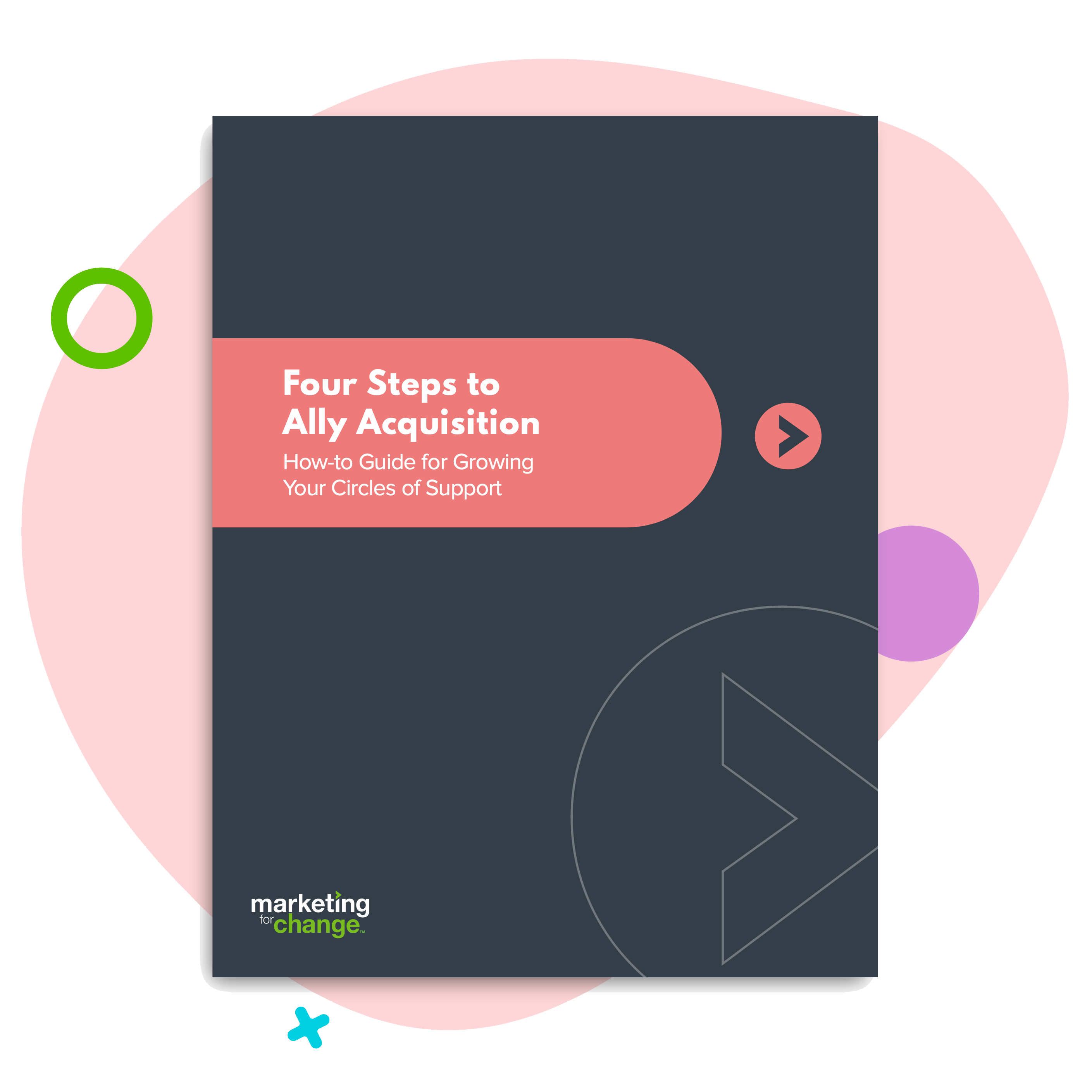
Want to Score Policy Wins? Here’s How to Get Policymakers on Your Team
Imagine you’re a policymaker who needs to make an important decision. What information do you need to make that choice? And from where should that information come?
Do those feel like trick questions? Well, they shouldn’t.
For many of us, the process of sharing information and building influence with policymakers can feel daunting and inscrutable, like an Indiana Jones plot with somehow even more khaki pants.
But it doesn’t have to be that way. Policymakers are, after all, people themselves, with the same preference for creating positive outcomes and avoiding negative ones. To paraphrase one of the world’s most famous grassroots and grasstops organizers, influence others the way you’d like to be influenced.
So, let’s start with the basics.
Advocacy is about shifting policymaker behavior, not ideology.
People don’t like to be told they’re wrong. In fact, when folks are confronted with data that belies their initial belief, they often double down on their initial conclusions.
Policymakers are no different. At Marketing for Change, we help our clients focus on the behaviors we want to promote, rather than the arguments they’d like to win. By focusing on behavior, we can incorporate our desired action into a policymaker’s existing ideological framework or platform: it may require some creativity, but it opens up far more options for mutual benefit. After all, it’s a lot easier to get someone to stop publicly opposing something than it is to get them to champion it.
One example is building support for renewable energy. You can try to win the ideological war over climate change. Or you can bring conservatives on board by emphasizing energy independence. Or you can switch the focus to the health impacts of climate change, or emphasize co-benefits that have broad public support such as reducing air pollution.
Good advocacy combines constituent pressure with policymaker wins.
Anyone backed against a wall will feel the need to push back. A public pressure campaign that puts policymakers in a no-win situation will cause them to do the same.
Don’t get me wrong: public pressure is a good thing. It causes policymakers to legislate outside of their comfort zones, which is how a society progresses. But pressure alone doesn’t build long-term, trusting relationships. A better approach is to find and propose avenues for policymakers to notch a public win, even if it means advocacy organizations don’t get to bask in all the glory.
The most apt analogy here is perhaps an alley-oop in basketball. In pursuing your policy goals, it can be tempting to shoot a basket above a policymaker’s head. Instead, pass them the ball and let them score. You’ll find you have a more committed champion in the moment and an ally in the long term.
Policymaker trust is advocacy’s most valuable currency.
Sure, this may seem obvious, but you’d be surprised how many advocates opt for “truthiness” when they have a hard time creating a genuine argument for policymaker support. However, what may feel strategic in the moment is likely to create major headaches in the future. I can’t tell you how many times I’ve heard a policymaker discount an entire organization because a lobbyist lied to them years prior.
Instead, organizations fighting for change should work to become a policymaker’s only source of information about their niche. But to do so, credibility is king. Focus on comprehensiveness: provide all sides of the issue and explain why yours is better; discuss the political pros and how to hedge against the cons; and outline the potential allies and detractors among political peers.
While it may seem counterintuitive to air that dirty laundry right off the bat, good advocates can build support with the cards they’re dealt. Bad ones need to rely on sleight of hand.
Mike Reddy is director of advocacy at Marketing for Change.





